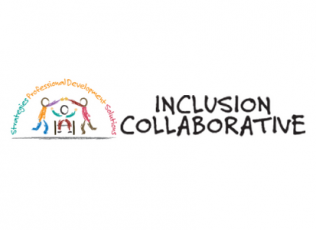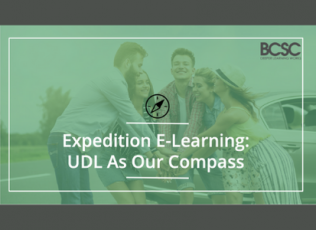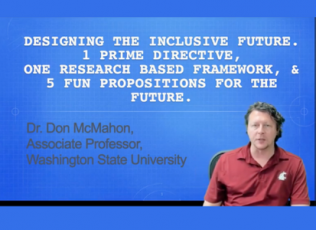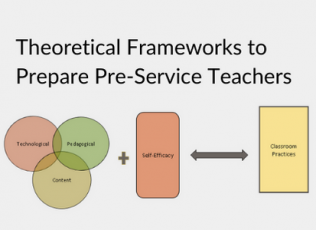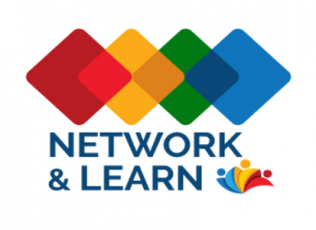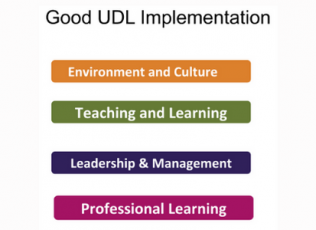We're All in This Together: Coordination in the Trenches
In this webinar, CITES leaders host a conversation with CITES advisors and colleagues in-the-trenches to take a closer look at Coordination. We will discuss services that may be available through school and community organizations. The session will provide examples of services that enable students and families to participate and achieve while learning at a distance. There will be time for questions at the end of the presentation.
Presenters
Janet Peters and Joy Zabala, CITES
Guest Panelists
Janice Carson, Director, Idaho Assistive Technology Project (IATP)
Susan Hardin, Assistive Technology Consultant and UDL Coordinator, Macomb ISD
Angela Lindig, Executive Director, Idaho Parents Unlimited
Audience
All educators and families, technology leaders (InfoTech, EdTech and Assistive Tech)
Level of Expertise
All levels
Description
In this webinar, CITES leaders host a conversation with CITES advisors and colleagues in-the-trenches to take a closer look at Coordination. We will discuss services that may be available through school and community organizations. The session will provide examples of services that enable students and families to participate and achieve while learning at a distance. There will be time for questions at the end of the presentation.
Organization/Publishers:
Share this resource:
Posted date:
December 8, 2020

